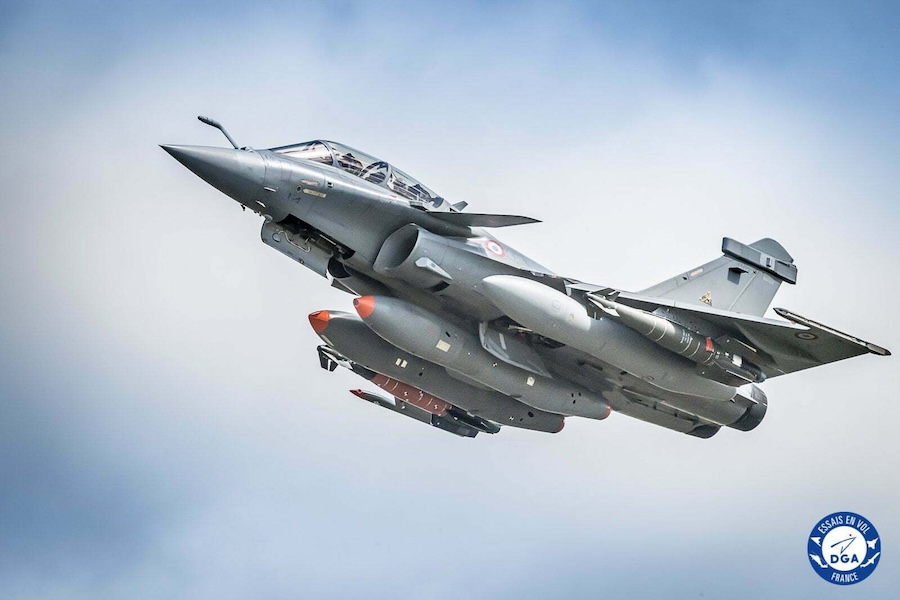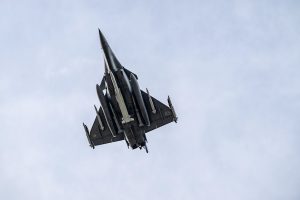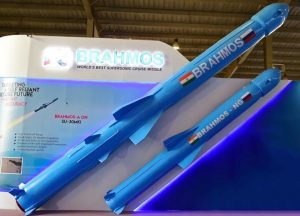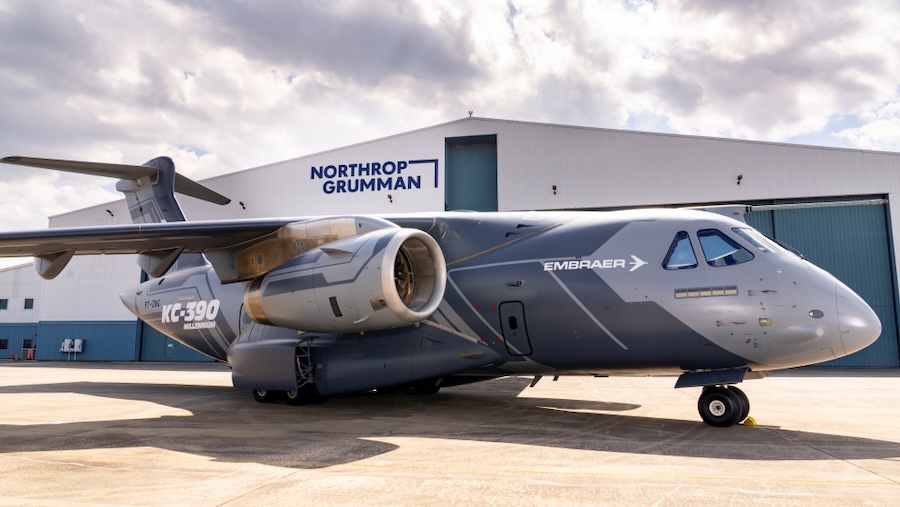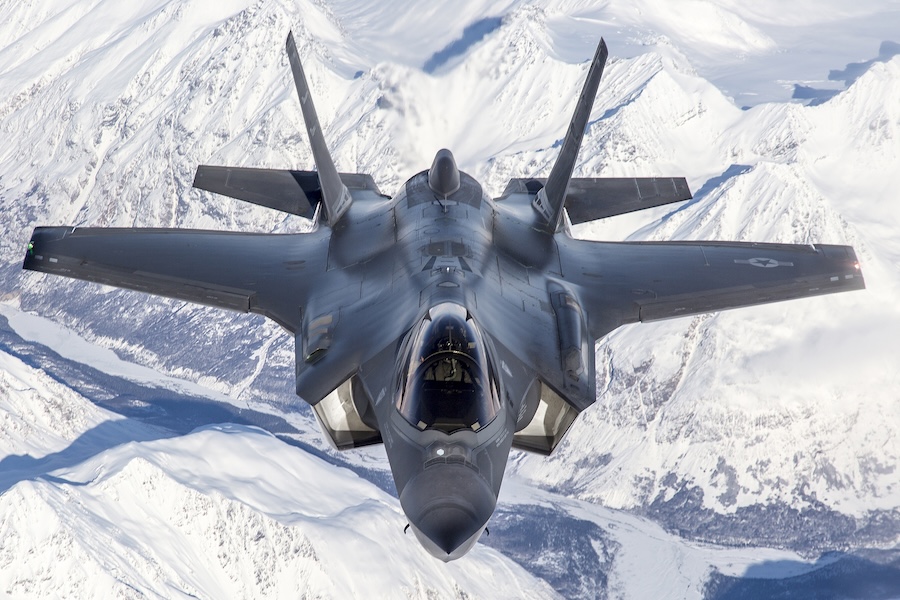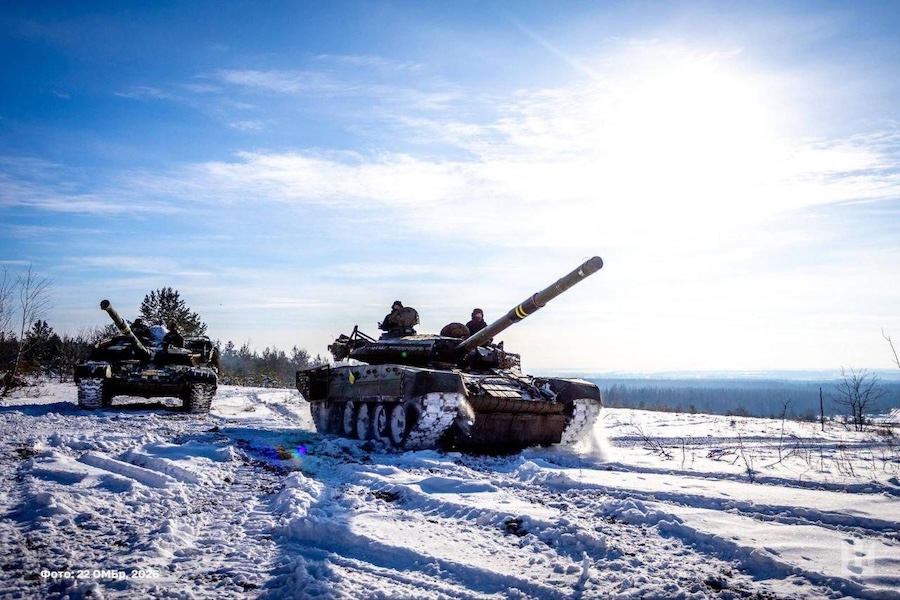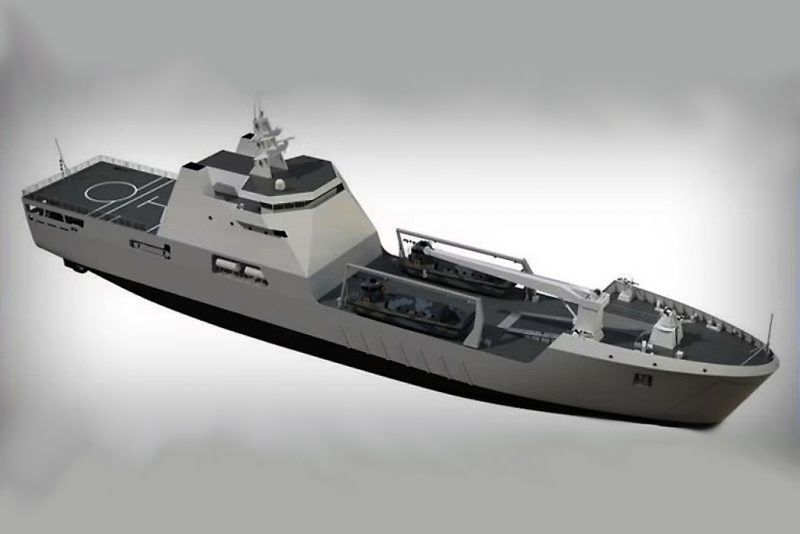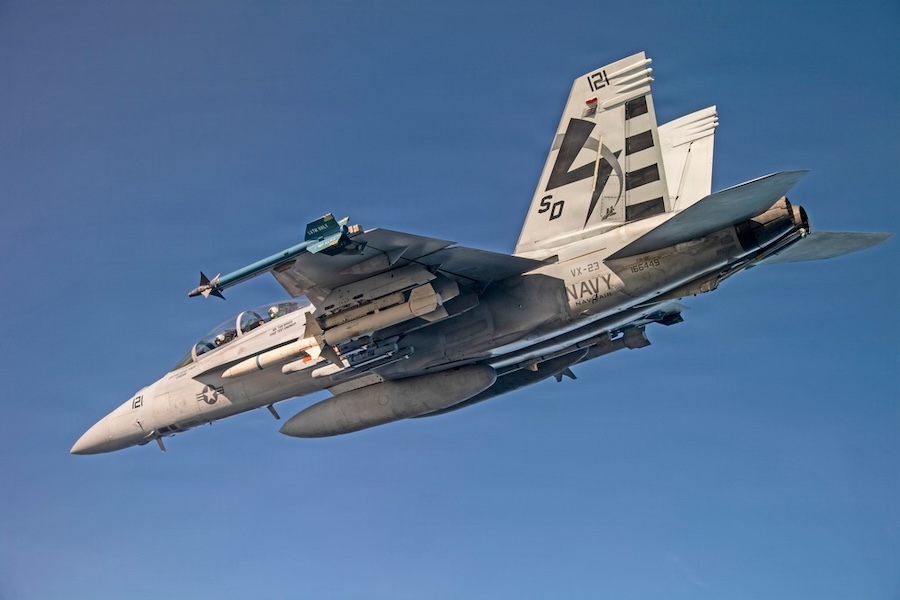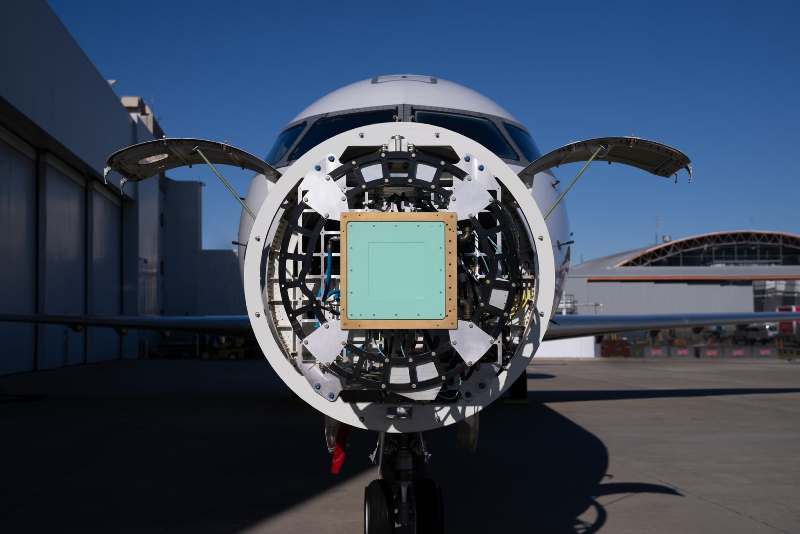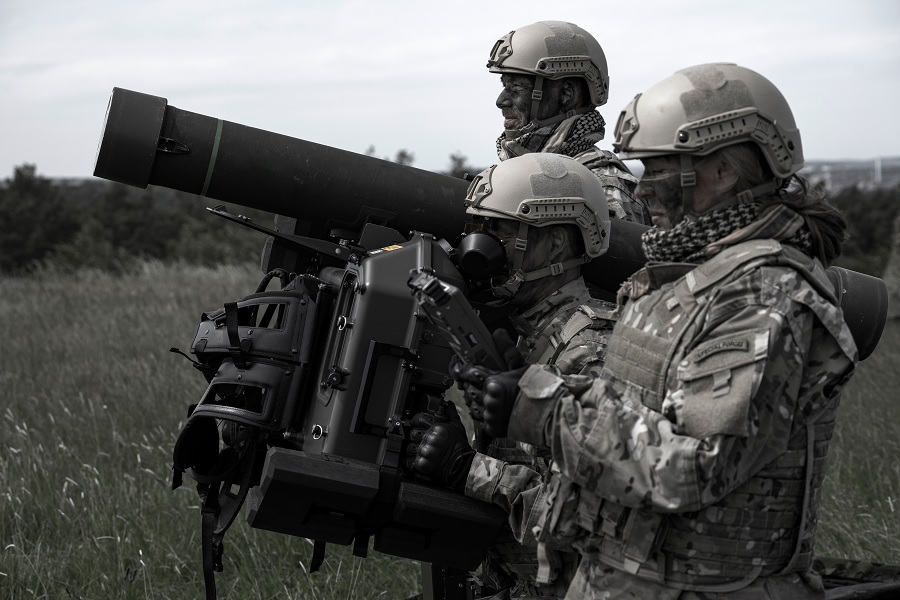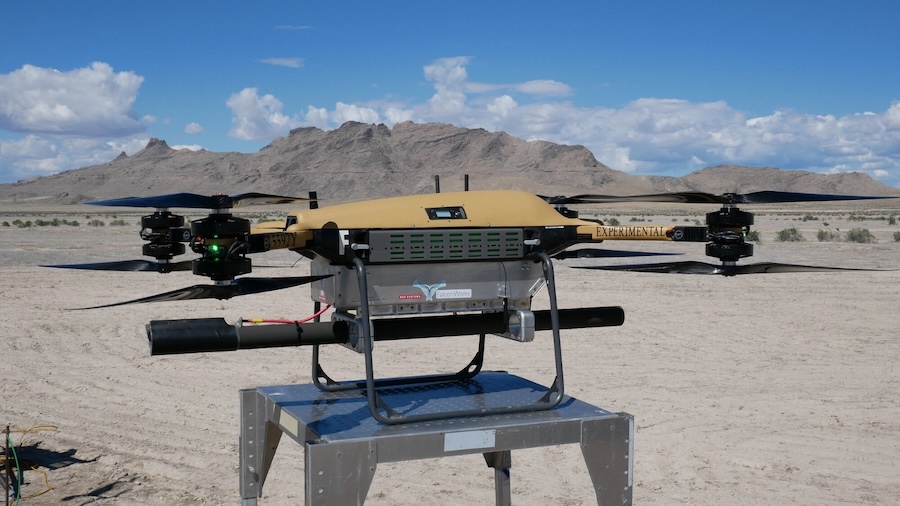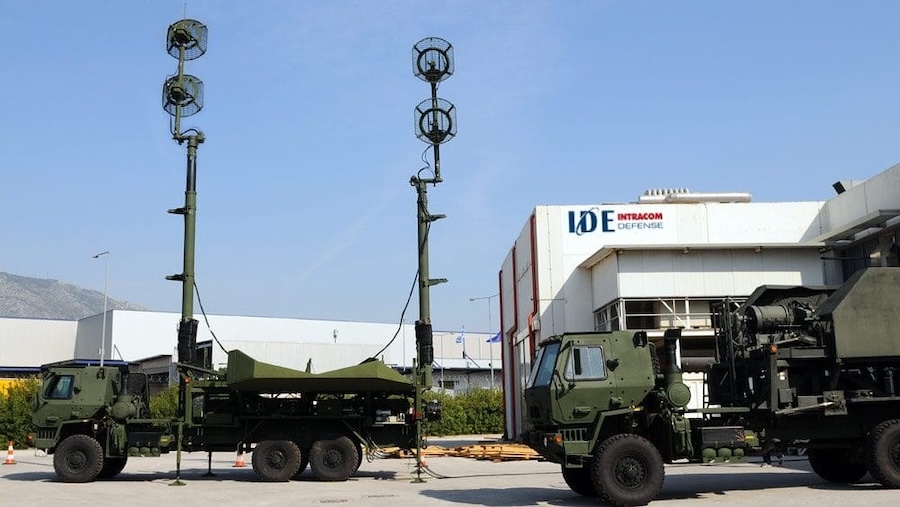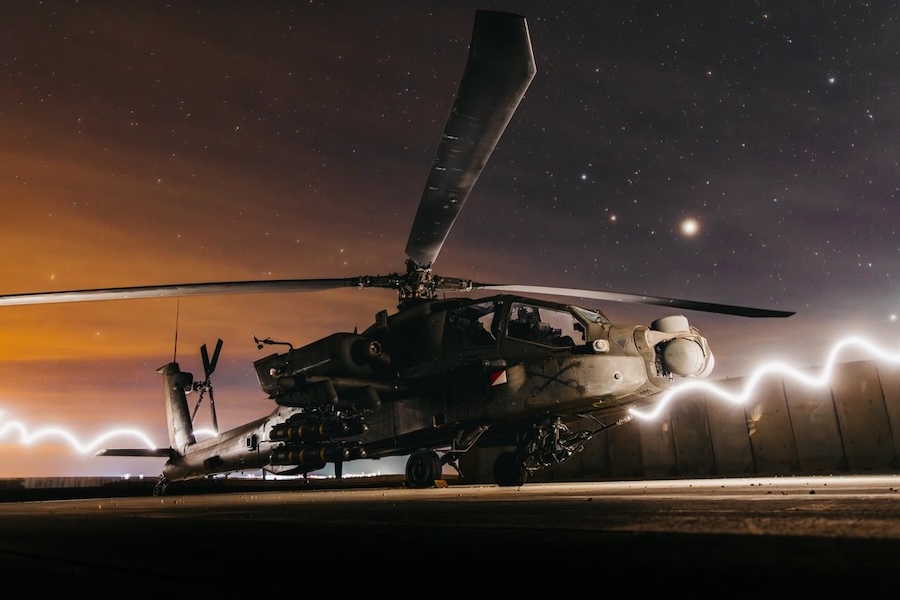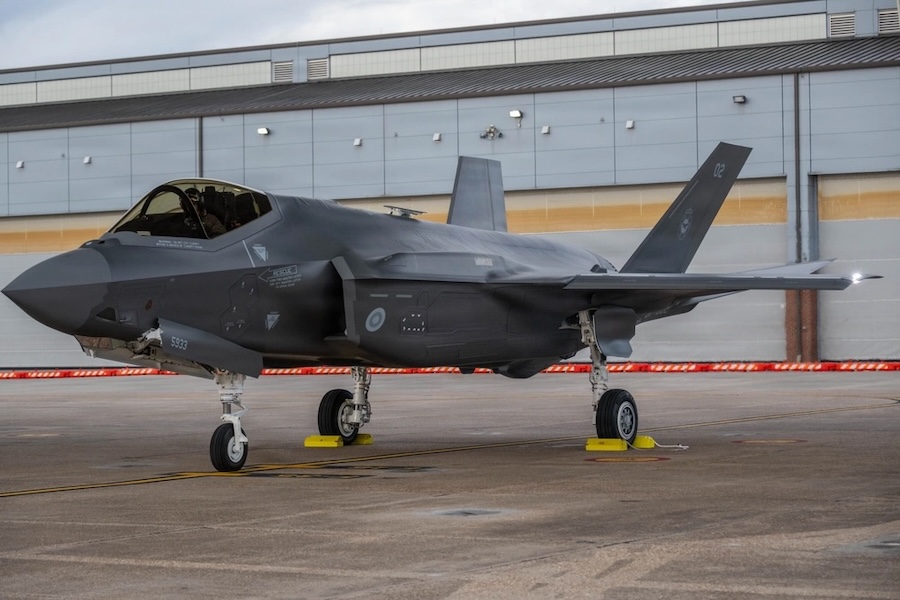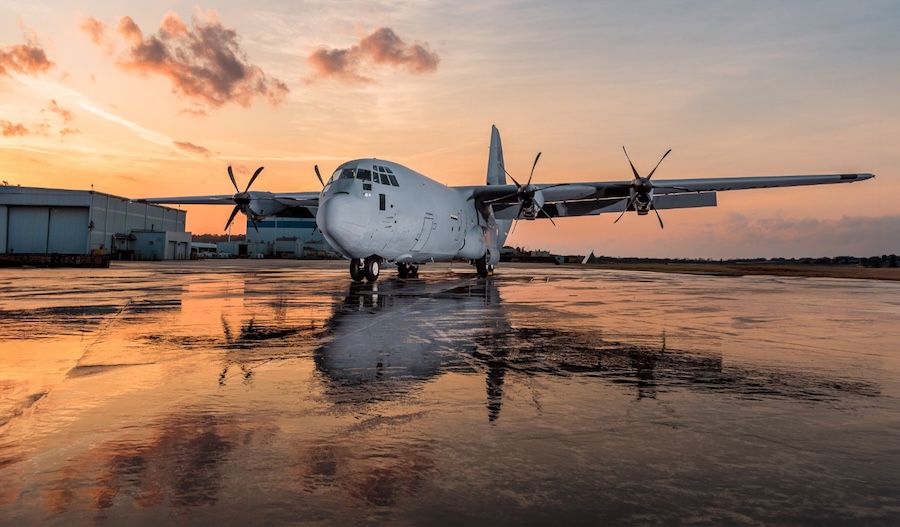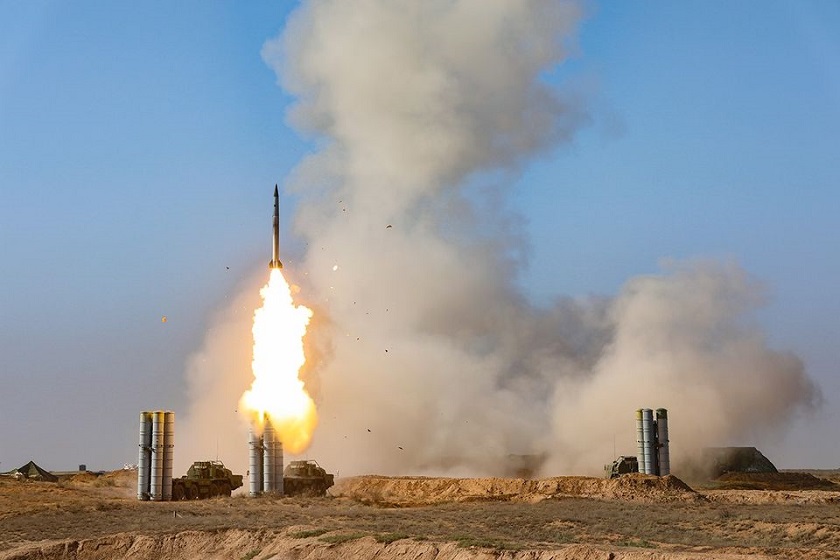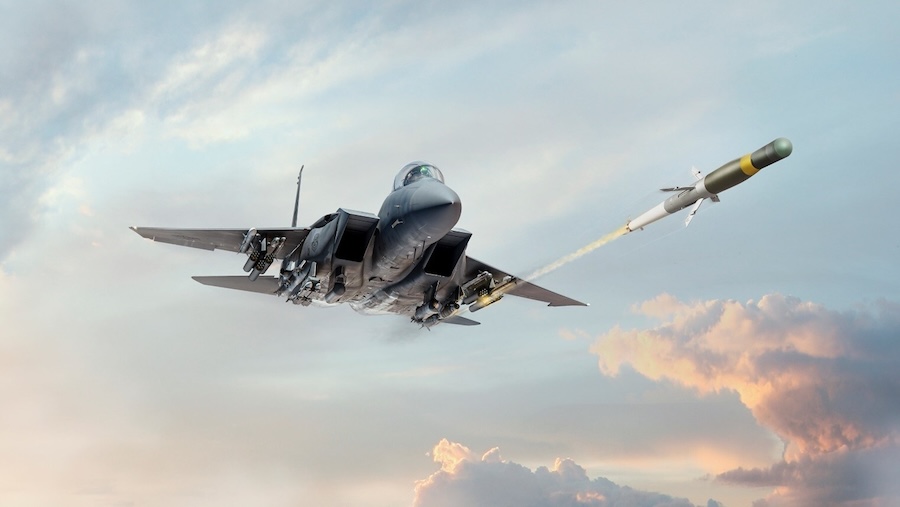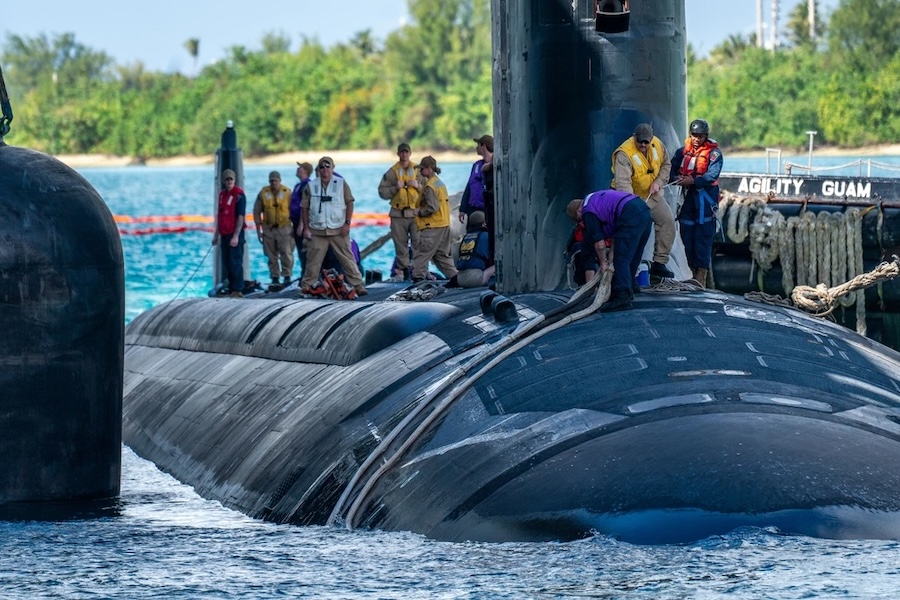The joint venture will supply the Indian Air Force and Navy, both of which operate or will operate Rafale multirole fighters, while the Tejas light combat aircraft will also be adapted to deploy HAMMER weapons. Local content is expected to reach 60 percent, with BEL overseeing final assembly, testing and quality control, and Safran providing critical components including electronics, navigation systems and guidance units.
Beyond manufacturing, the partners intend to establish a centre of excellence covering production, design, maintenance, repair and overhaul for weapon systems, optoelectronics and navigation equipment. This centre will support a domestic network of suppliers, particularly small and medium-sized firms, to help build high-technology capabilities in India using French expertise.
Safran’s HAMMER kit converts a standard bomb into a precision-guided munition by adding steering modules, a rocket motor and guidance systems, available in laser, infrared or GPS/INS configurations. The result is a weapon with extended range and accuracy of around one metre, even under electronic warfare conditions, and it has been used in combat, including in the Russia-Ukraine conflict.
For India, the partnership reduces reliance on imports and strengthens its position as a regional hub for advanced weapons manufacturing. For France, it deepens its industrial footprint in a market where major defence contracts increasingly require credible technology transfer.


